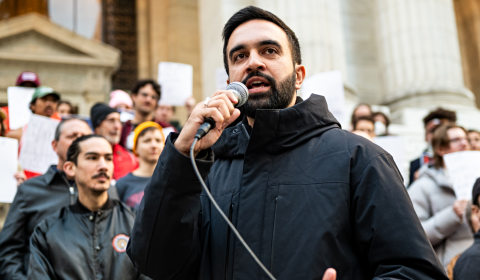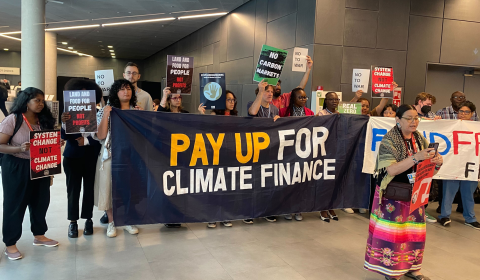A new report by the humanitarian aid charity Médecins Sans Frontières (MSF) reveals the growing number of challenges workers face when trying to offer humanitarian aid around the world.
While the climate crisis is one of the primary causes of humanitarian issues, it is now becoming an obstacle to providing relief and aid as it worsens.
Médecins Sans Frontières (MSF), a leading humanitarian organization, has issued a warning about the ‘double blow’ that climate change is inflicting on global aid efforts.
In a newly released report titled A Hostile Climate: Confronting the Challenges of Aid Delivery in the Context of Climate Change, MSF explains how the climate crisis is complicating humanitarian workers’ ability to deliver vital assistance to those in need.
The report is a collaboration between MSF’s Humanitarian Action for Climate and Environment (HACE) Initiative and Heidelberg University Institute of Global Health. It includes data from 49 humanitarian staff across 30 countries.
Researchers spoke to representatives from organisations to investigate how they are adapting to rapidly changing environments that exacerbate the challenges of delivering aid.




















